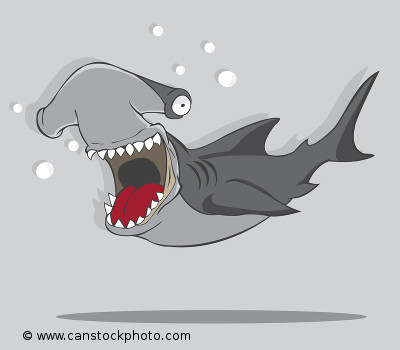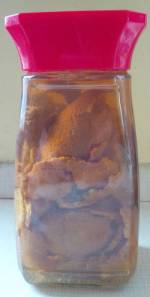Saving Sharks
And Why You Should Care
It's all about me, Baby!
And how does saving sharks help?
Okay, here's why saving sharks is important. As apex predators sharks keep the fish that feed on the phytoplankton in check. Without them the grazers of the ocean would breed indiscriminately and the ocean plants would very quickly be depleted.
This would cause a rapid increase in carbonic acid affecting everything with a skeleton, which is most of the marine life. The jellyfish populations in some places are already on the increase and, since they don’t have bones, this could be why. There would also be a massive drop in oxygen levels causing almost everything to die off.
What happens in the ocean soon follows on land – the dying off, that is - not the proliferating jellyfish.
Since the industrial revolution the ocean’s acidity has increased by about 30% and this is likely still rising. The last major rise in acidity was over 160 million years ago and it wiped out almost all life on the planet.
That was the fifth mass extinction and, like the four before it, (perhaps because they have a cartilaginous skeleton) the sharks survived and life evolved again.
So, there you have it, we need sharks and right now we are killing them off at an alarming rate. If we have another mass extinction there may be no sharks left to survive. What then? Could it be the final end of this beautiful planet we call home?
Can you help to save our sharks?
For a more in depth look at the problems facing our oceans this is an excellent read:
|
From the UK |
From the US |
Or check out Rob Stewart's movie Revolution.
Return to Save our Sharks from Saving Sharks
Recent Articles
-
Thresher Sharks
Aug 27, 14 10:51 AM
Thresher sharks are unmistakable with that huge upper lobe on the caudal fin. Let's find out more about them. -
Sharkwater
Aug 14, 14 12:42 PM
Sharkwater is a documentary by Rob Stewart highlighting the plight of the sharks in our oceans. -
Natural Cleaners
Aug 13, 14 08:57 AM
Natural cleaners and homemade skincare products are not only better for the environment, they're better for you and your family.

